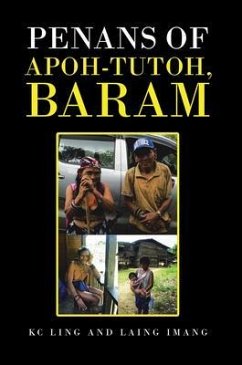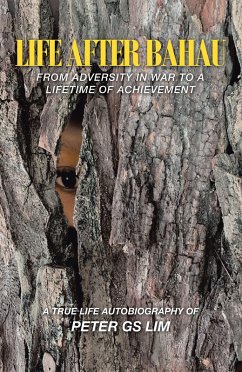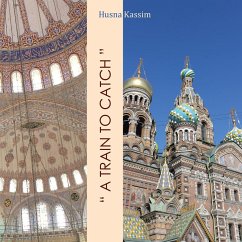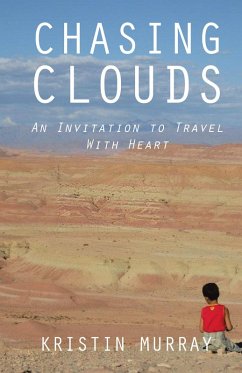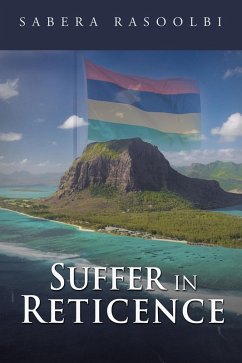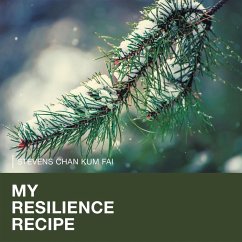
Penans of Apoh-Tutoh, Baram (eBook, ePUB)

PAYBACK Punkte
1 °P sammeln!
Sarawak has a very diverse population comprising of many races and ethnic groups. Among the ethnic groups, the Orang Ulu (meaning upriver people) include the major Kayan and Kenyah, and the minor group like the Penans. The Penans are the original nomadic people; some of them still maintain the lifestyle of hunter and gatherer. The narration of this book is not meant to be an anthropological study of the Penans of Apoh-Tutoh, Baram. The subjects are more of general interest to common people as they are a mix of historical events recalled by the elders, storytelling and tall tales. It started wi...
Sarawak has a very diverse population comprising of many races and ethnic groups. Among the ethnic groups, the Orang Ulu (meaning upriver people) include the major Kayan and Kenyah, and the minor group like the Penans. The Penans are the original nomadic people; some of them still maintain the lifestyle of hunter and gatherer. The narration of this book is not meant to be an anthropological study of the Penans of Apoh-Tutoh, Baram. The subjects are more of general interest to common people as they are a mix of historical events recalled by the elders, storytelling and tall tales. It started with the Penan settlements at Lapok, Tinjar and the migration to Apoh-Tutoh. The role of the Penans as proxy warriors in the Kayan-Berawan tribal wars was explored as continued with the history of head hunting and Baram Regatta. The White Rajahs and their punitive expeditions (Lang, Sadok and Kayan) against the Sea Dayak of Saribas and Skrang, Rentap, the Kayans of Rajang and peace making are described to give perspective to the Baram Regatta and peace-making ceremony. However, there is increasing number of the Penans who have abandoned the nomadic lifestyle for settlements in longhouses. Hence, the Penans face the dilemma of a semi-settled lifestyle and changes due to development such as disappearing cultural heritage (sign sticks "oroo" and traditional dance "saryau titut"), lost generation (school dropouts, teenage mother, marriage with outsiders, sexual violence and exploitation and alcoholism), forestry issues and the disappearing Penan Landscape ("Tana' Pengurip Penan").
Dieser Download kann aus rechtlichen Gründen nur mit Rechnungsadresse in A, D ausgeliefert werden.




